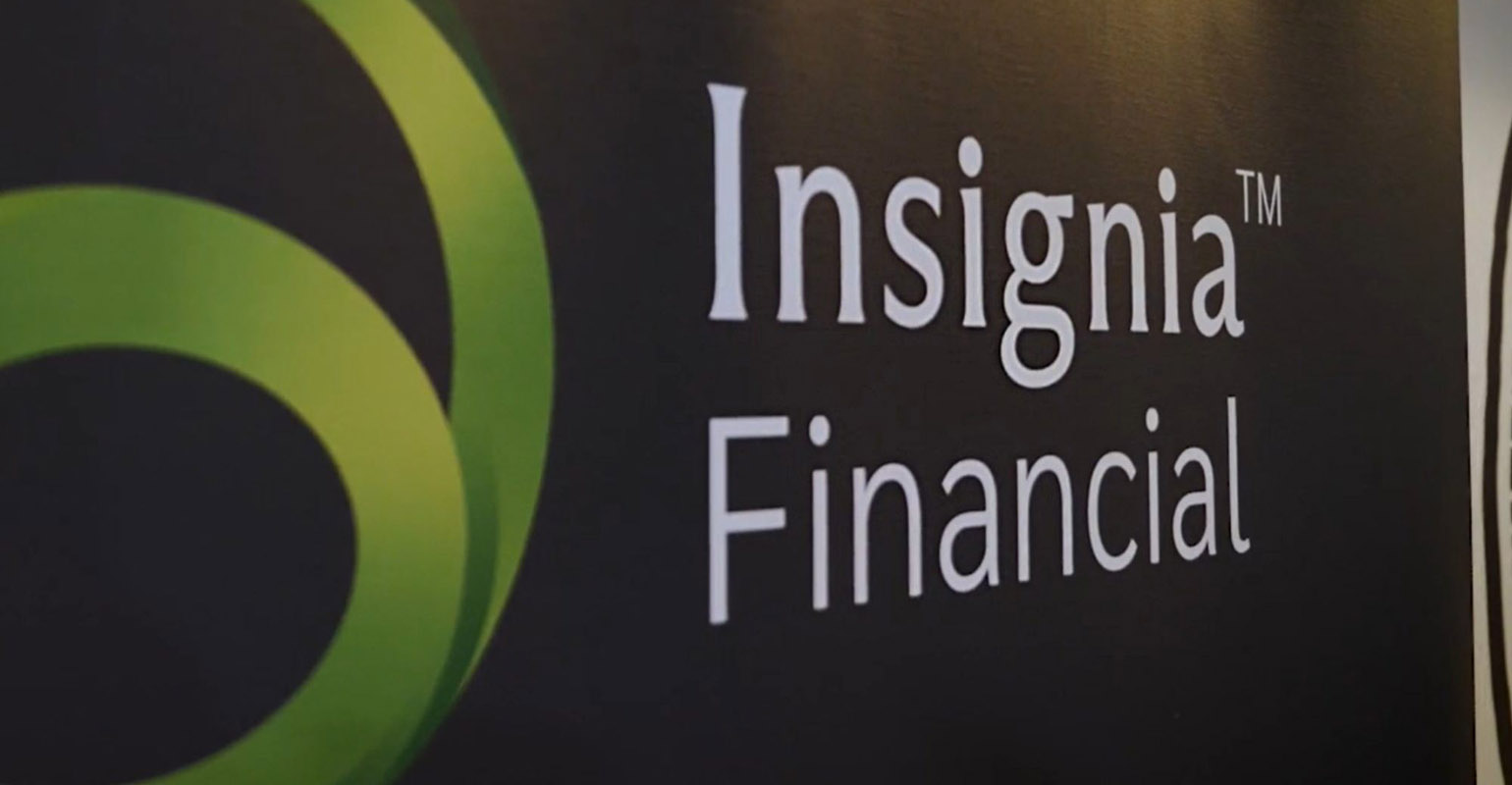Insignia Financial to Invest Billions in Global Private Credit


(Bloomberg) — Insignia Financial Ltd.’s pensions business is in the final stages of appointing external managers to deploy billions of dollars into global private credit markets.
The unit, which oversees about A$180 billion ($121 billion) of retirement savings across a range of funds, will lift its global private credit allocation to 3% to 5% of its portfolio in the next year, from its current allocation of close to zero. The fund is primarily looking for deals in the US and Europe, said MLC Asset Management Chief Investment Officer Dan Farmer, who manages the bulk of money in Insignia’s pensions business. MLC is part of the Insignia Financial Group.
Private credit has taken off in recent years, filling a gap as banks stepped back from some risky lending due to tightening regulations. Growth has been fueled by strong demand from investors such as endowments, insurers and pension funds, including Australia’s A$3.9 trillion pensions industry, which is increasingly looking overseas for investment opportunities.
“There’s been a lot of capital driving into that space,” Farmer said. “We see an opportunity, but we think we’ve got to be very selective and invest and choose our managers very, very carefully.” The fund has already had success in Australian private credit, where the allocation remains around 5% to 6%, he said.
Read more: SEC’s Top Cop Concerned About Private Credit Valuations, Opacity
Some of Australia’s largest pension funds, including A$285 billion Australian Retirement Trust and A$150 billion pension and wealth manager Colonial First State are among those making similar moves into private credit. Meanwhile, A$85 billion Rest is more cautious and is looking elsewhere for opportunities due to the large flows into the area.
Rival wealth and pension manager AMP Ltd. recently lifted its exposure to private credit, head of portfolio management Stuart Eliot said in an interview. It sits within AMP’s diversified credit portfolio which is around 6% to 7% of the overall portfolio.
“Around March or April we did our first international allocation and that was a blend of credit risk sharing and a more opportunistic strategy,” Eliot said.
Farmer said he was conscious of the competition.
“Yes, there’s capital flowing in, but there’s also been capital withdrawn,” Farmer said. “So that balance is not out of skew.”
Read more stories
China’s Cheap Stock Values Tempt $101 Billion Australia Pension
Hedge Funds Lose Favor in Australia’s $2.6 Trillion Pension Pot
Australia’s Largest Pension Fund Shifts to Equities

Many people use their phones to handle everyday tasks, from scheduling appointments to staying connected with family. Budgeting apps are...

Parent PLUS borrowing will be capped beginning July 1, 2026: up to $20,000 per student per year and $65,000 lifetime...

Advisors affiliated with independent broker/dealers often assume that “independence” is a destination rather than a spectrum. Yet, when frustration creeps...